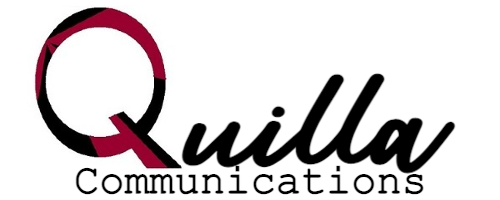Frenglish Writing
Le Royaume Shadow – a review du concert virtuel de Bob Dylan in July 2021

Je commence par vous expliquer ce que j’aimerais faire. I’d like to write about topics of interest in both English and French, without translating. Oui, c’est vrai, j’ai un diplôme de traduction français-anglais, mais j’ai envie d’essayer une autre approche. It’s called code-switching and it basically means alternating between two languages, letting the context fill in the gaps in understanding. Alors, même si vous n’arrivez qu’à lire qu’une moitié de ce que j’écris, vous comprendrez que le texte dans l’autre langue suivra le sujet et le style.
Up until now, I’ve changed languages at each sentence break, mais je peux aussi faire une phrase mixte. Je pourrais even mélanger les deux in the même group of mots, but I trouve that le message is more comprehensible when je laisse quelques mots ensembles dans la même langue. So, that’s what I’m going to do for now, c’est à dire group words together to help with context.
Switching between two languages is normally an oral tradition, but it’s difficult to find written material qui bascule entre les deux. Parfois on rencontre l’alternance codique dans les romans quand le passage s’agit d’un dialogue. But when the reader is not actively trying to learn a language, or worse, has no interest in the second language, the random placement of words from a foreign language is gênant and often written in italics.
Mais ces textes sont pour vous ! Si vous êtes là, it’s because you want to learn, alors si j’emploie l’italique c’est pour mettre l’accent sur un mot. If you’re here, you’ll intuitively understand that French punctuation marks with two parts have an extra space before the end of the word. Et en anglais ? That’s right; there’s only one space! You’ll also note, without even realizing it, that accents don’t need to be written on capital letters. Ca alors ! And speaking of capital letters, les majuscules sont employés différemment en français et anglais. Maybe you’ve noticed that the adjective “French” is capitalized, tandis que l’adjectif « français » ne l’est pas. Néanmoins, un citoyen de la France serait un Français avec majuscule. These are the types of lessons your brain can pick up by reading in two languages without trying to memorize rules.
I haven’t even mentioned vocabulary. Le meilleur outil pour apprendre le vocabulaire est le contexte. So, if I’m writing about cheetahs and I’ve already mentioned cheetahs or topics related to cheetahs several times, vous n’aurez pas besoin de courir comme un guépard après une dictionnaire si je parle des guépards ou des besoins alimentaires des guépards dans une phrase annexe. What is Latvia called in French? Si seulement un article en franglais sur la Lettonie aurait été mis à ma disposition, it wouldn’t have taken me nearly a decade to learn que le pays s’appelle la Lettonie. No, “Latvie” is not a country, I have learned. Parlons même pas des guillemets maintenant. If you’re reading a sentence and still don’t know what a word like “guillemets” means, you’re allowed to use a dictionary. Et si je parle en acronyme? When I’m talking about WHO in a medical contexte, je parle de qui ? Si je mentionne l’OMS dans la phrase à la connotation médicale après, you already know who I’m talking about. This also helps you learn how the word “owl” can be used in different ways in French. Chouette !
I used to read dialogs in French and was convinced that there were a lot of characters named Ben. Ben, oui. En anglais le mot se prononce plutôt « benne » alors que le « ben » français s’approche au « bêê » du mouton anglophone. This whole paragraph is a roundabout way of telling you that in English, the sheep says Bah and Ben is a man’s name, not a dumpster. Ben, ça n’aide peut être pas les anglophones qui ne connaissent toujours pas le sens de « ben ». Ben, c’est pas grave.
You’re probably not here to read about antidestablishmentarianism, tandis que vous savez surement déjà épeler anticonstitutionellement. So, tell me what you’d like to read about en fraçais et en anglais. Vive le Franglais ! Long live Frenglish!
Frenglish Pod
These are examples of code switching bilingual conversations. Betsy is a native (American) English speaker and Julien is a native (France) French speaker. Their second languages are French and English, respectively. While raising bilingual children, we found it helpful to follow conversations that involve both languages, where each speaker only uses one language at a time.
Here is an example of a native conversation:
Here is a conversation of both speaking a second language:
Trinidad to France, en passant par l’Angleterre and Scotland
Un Alsacien discute the Drake Equation
Here are a plethora of more videos (click to open):
Francanglais (French_English_Camerounais local)
Frenglish Tunes (Links to Frenglish pop)

